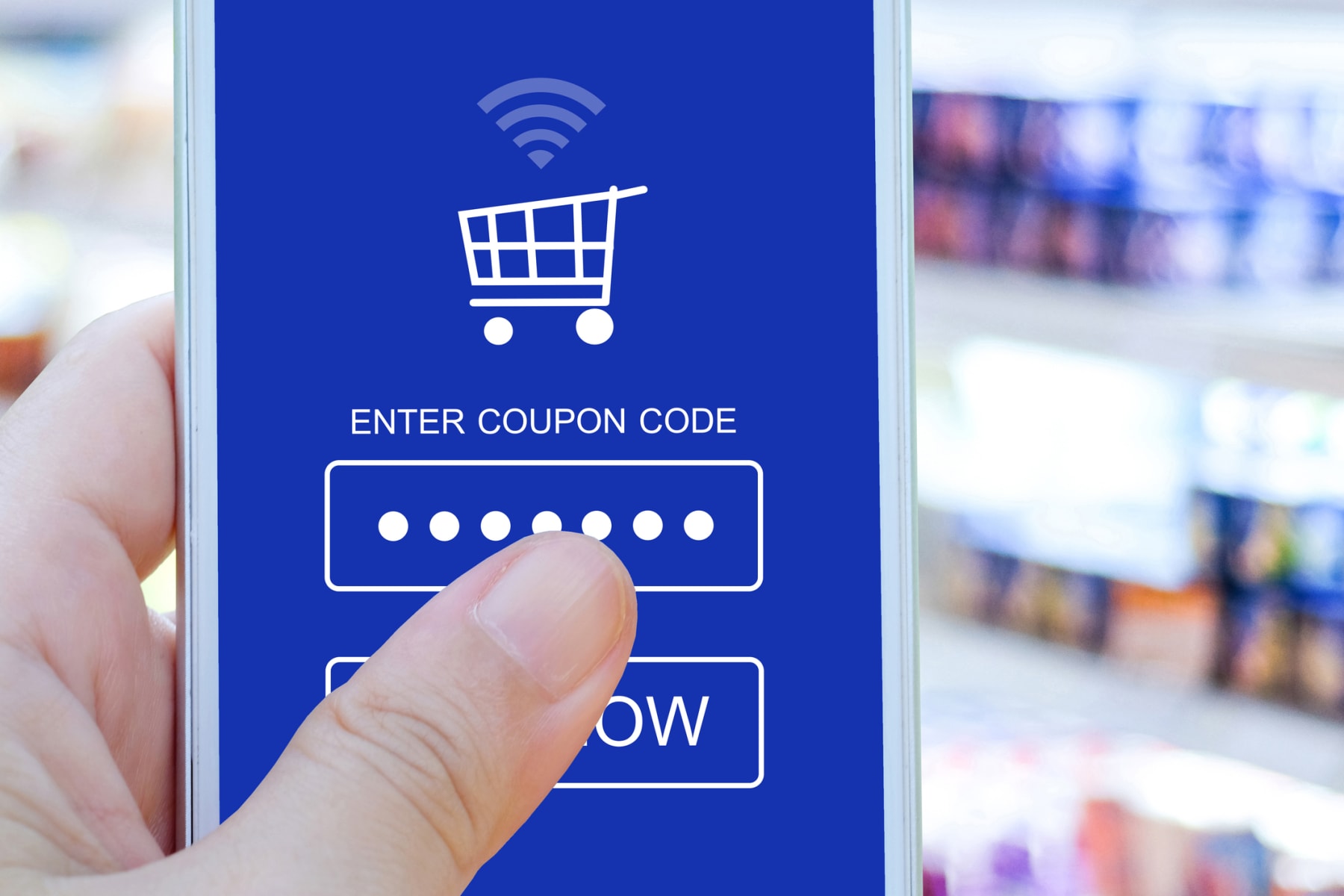How Can You Tell If That Coupon Is a Scam?

Have you seen a coupon on your Facebook feed that seems too good to be true? If so, it probably is. Fake coupons can have a very real impact on your wallet if they turn out to be part of a scam. How can you tell if an online coupon is a deal or a dud? Follow our tips to stay safe.
Fake Coupons Are a Real Pain
While you may think there's no harm in a fake coupon — other than not getting the deal you were hoping for — coupon scams can steal your personal information or infect your computer with a virus.
SEE ALSO: Everything You Need to Know About Online Coupons
For instance, these coupons may direct you to a fake survey site, allowing scammers to collect data to steal your identity. Alternatively, they may direct you to sites packed with viruses that can also steal your personal information — or even hold your computer for ransom.
Some scams are more blatant, asking for your credit card or other financial information before you can access the "deal." No matter what a scam coupon's goal is, it's never good.
Check the Source
A legitimate coupon will always come from a legitimate source. The scam coupons that circulate on Facebook or show up in your email may look real, but they won't come from a company's official social media page, website, or email account.
However, you might have to be sharp-eyed to spot a source that isn't official. A fake coupon for Target, for example, might come from a Facebook page called "Target Coupons" or "Target Deals." But neither of those are actually Target; the retailer's Facebook page is simply named "Target." Coupons from any other source are suspicious at best.
If you aren't sure whether a coupon shared over social media is legitimate, look at the account to see if it has a blue circle with a white check mark next to the name — that means it's a verified, official account on Facebook or Twitter. If you don't see a check mark, search the company's official webpage for links to its social media accounts. If the account doesn't match the coupon source, it's not legitimate.
If you can't spot any clues from the coupon's source, consider where the coupon is sending you. Going back to the Target example, this is the company website. Any other address is not Target — and that means the coupon isn't real.
Branding Matters
While scammers are good at mimicking official corporate branding, sometimes you'll see signs that something is off. Always look out for:
- Images or logos that are low resolution or grainy, which could be caused by a scammer copying an image from another source.
- Fonts that change, which could be a sign that a scammer has pasted their own text onto a legitimate coupon.
- Typos or awkward language, as scammers don't typically have the same quality control a big company does.
While none of these signs are definitive proof that a coupon isn't legitimate, remember that retailers typically take the time to make their advertising (and coupons) look good. If something looks off, the coupon is probably a scam.
Read the Fine Print
Real coupons are packed with fine print, but fake coupons skimp on the details. A legitimate coupon will usually list:
- An expiration date, which should be found on almost all coupons (although some scams will list an incorrect date, like June 31).
- Exceptions to the sale, which are common with flat-discount coupons.
- The exact sizes of eligible items — a grocery store may have a sale on 2-liter bottles of soda, but not on 20-ounce bottles.
If there's no fine print, the coupon definitely isn't legitimate.
Don't Give Out Your Information
No legitimate company will ask for personal information in exchange for a coupon. A popular scam is to offer coupons in exchange for completing surveys. Each survey completed nets the scammer cash from a survey company, or lets them collect information that can help them steal your identity.
Some fake coupons require you to "register" (or give out personal information) to access them. Once again, these scams are usually trying to steal your identity or access your online accounts. They may even ask for financial information or require a payment before giving you the coupons, which gives the scammer an immediate payday.
Our advice? No matter what you're doing online, you should never give out your personal information to an unknown source.
Don't Download Anything
If a coupon requires you to download software to access it, just don't. There's a good chance that instead of getting a coupon, you're getting a virus.
Do a Reality Check
Coupon scams try to get you to ignore your common sense by offering a truly great deal — and that's the very first sign of a scam. Let's consider some examples from the past few years:
- $100 anniversary coupon from Kohl's
- $75 coupon from Costco
- 50% off your entire purchase at Target
- $100 off at ALDI
- $75 off any purchase at Bed Bath & Beyond
- $50 off at Lowe's
Unfortunately, coupons promising huge discounts like this are usually too good to be true. Before clicking on a coupon like this, be sure to double-check everything we've mentioned above.
SEE ALSO: 10 Sneaky Ways Retailers Fool You Into Spending More
If you're still not sure, check with the company that supposedly issued the coupon. Although there's always a chance it could be real, it most likely isn't.
What to Do With a Fake Coupon
First things first: never share a coupon you think might be fake. While you may be tempted to send it to your friends just in case it turns out to be real, you're only exposing more people to a potential scam.
If you've found a coupon scam on social media, you can report it on both Facebook and Twitter. You can also report the scam to the company directly, which is a good way to help warn others of the danger.
Readers, have you ever tried to use a fake coupon? Did you report it? Tell us about your experience in the comments below.


Sign In or Register